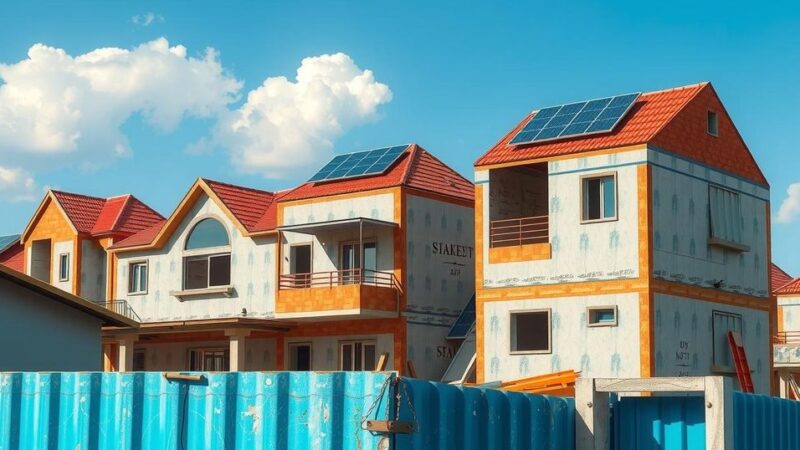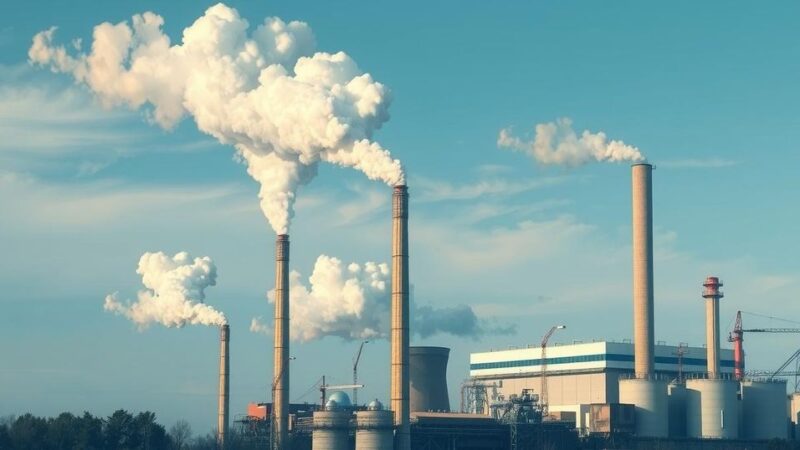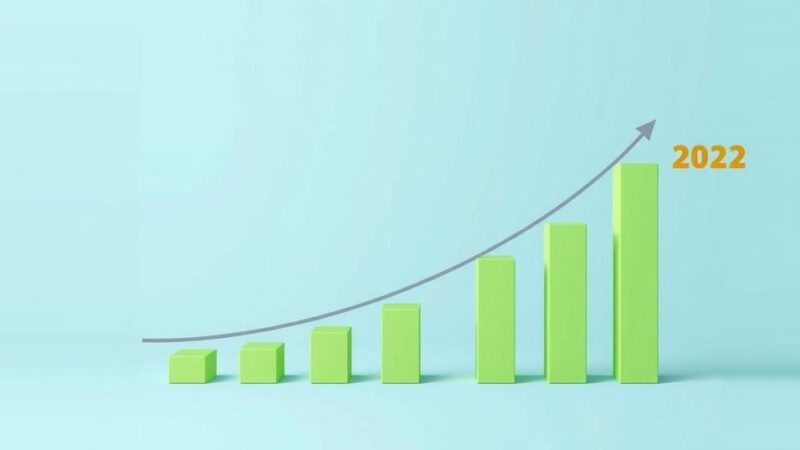Inflation data from the National Bureau of Statistics reveals that Borno and Niger are the
In 2024, inflation significantly impacted Nigeria’s housing market, creating affordability challenges and changing demand dynamics.
Nigerians spent N21.51 trillion on imports in the past four years, maintaining high dependency on
The World Bank has highlighted Nigeria’s inadequate statistical performance compared to peers like Mexico and
China’s carbon intensity fell by 3.4% in 2024, missing the government’s 3.9% target. This raises
China’s emissions target for 2024 was not met, with carbon intensity decreasing only 3.4% compared
Nigeria’s 2025 economic rebase highlights a significant shift amid high inflation rates. The National Bureau
Nigeria’s inflation decreased to 23.18% in February 2025, aided by stable naira and lower fuel
In 2023, a significant skills gap in Nigeria’s workforce prevents millions from finding jobs. While
Nigeria’s inflation rate decreased to 23.18% in February 2025 from previous highs. The decline follows









